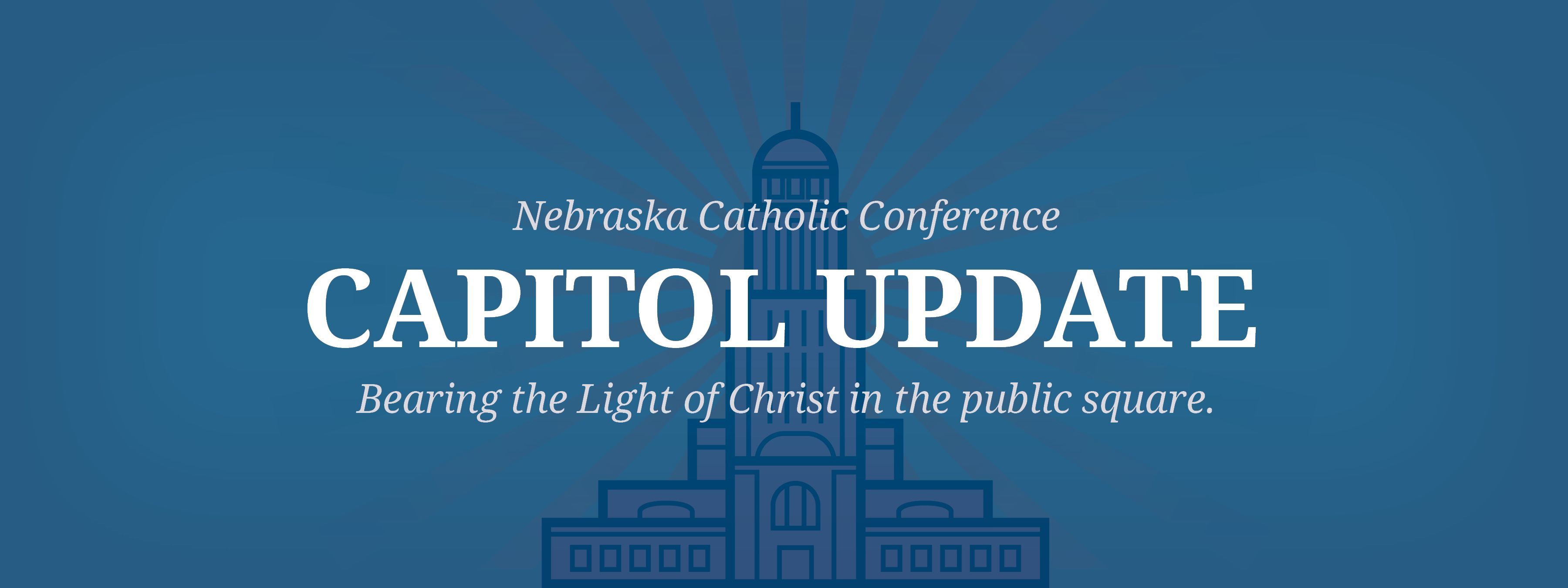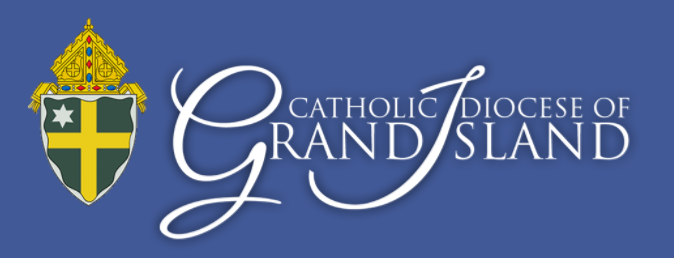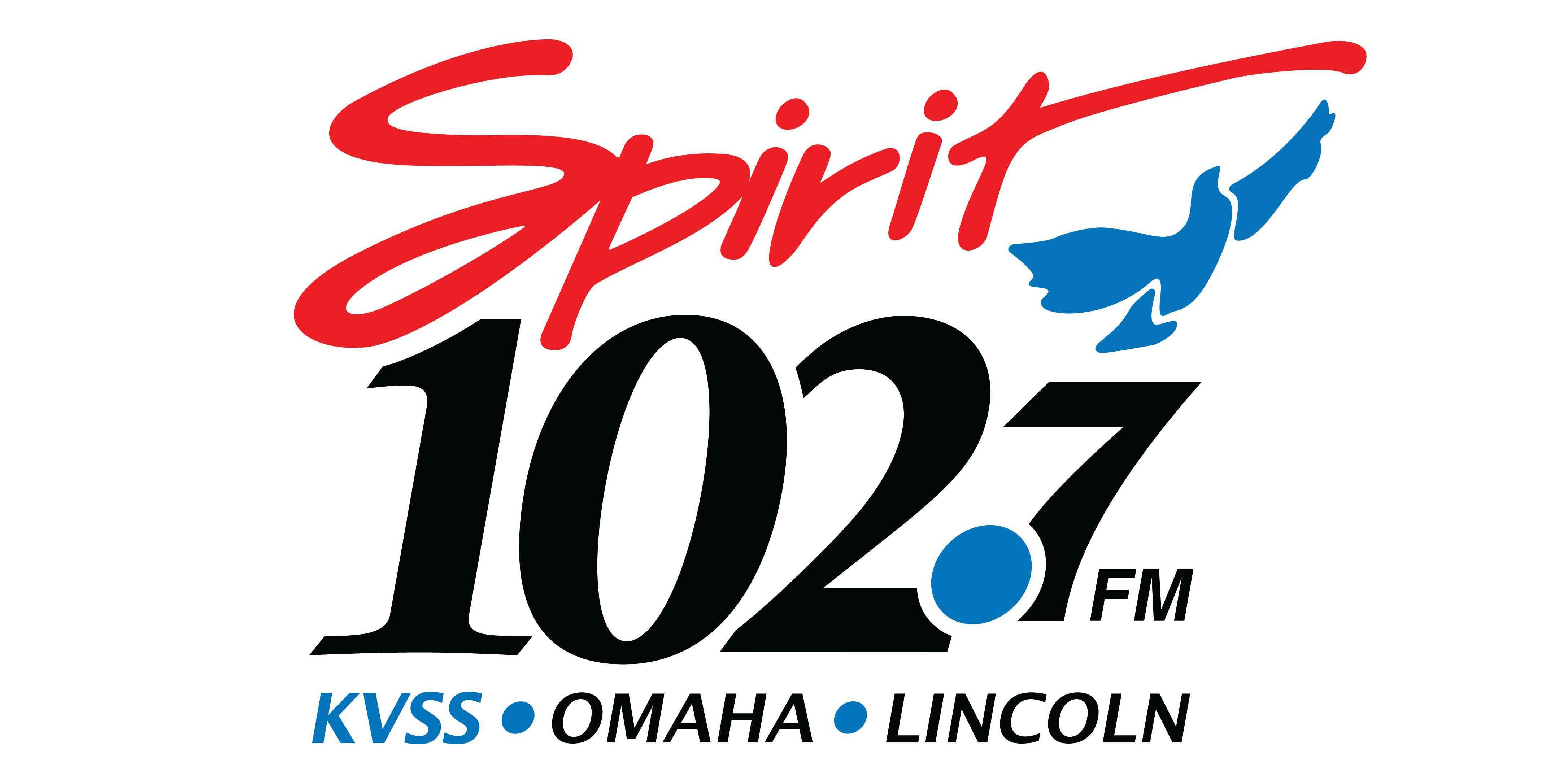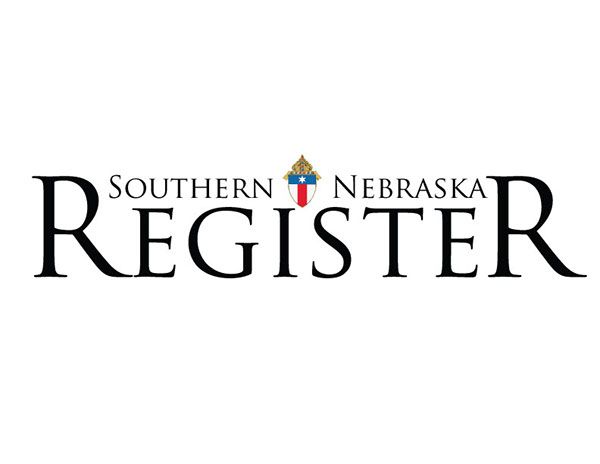As I write this column, the Nebraska Legislature has completed seven days of its 60-day legislative session. However, once you read this, they will have completed 11 days of its 60-day session.
In these seven days, 314 legislative bills and 11 legislative resolutions have been introduced.
There have been major proposals related to tax reform and education financing, prison and sentencing reform, increasing the size of the Legislature, and child protection.
There have been any number of more mundane proposals such as updating or regulating healthcare services, telecommunications and transportation laws, and the powers of counties and municipalities.
And, of course, there are already numerous issues with major moral implications, such as the banning of dismemberment abortions, allowing people to change the biological sex on their birth certificates, expanding the voting rights of felons, and continued efforts to end human trafficking.
Afternoon legislative hearings on these and other proposals will have just commenced earlier in the week, and these hearings will continue for the next month and a half.
As with any even-numbered year session, the Legislature has promptly begun debating legislation that has carried over from last year.
The legislature has debated, among other issues, the rights of teachers with regard to student discipline, tax relief of military retirement benefits, free speech protections for high school and college student journalists, and mandatory paid sick and safe leave for employees.
There has been robust, interesting, and engaging debate in these opening days of session—the hope, of course, is that the tenor and quality of debate will continue.
In past legislative sessions, my column has maintained a close and keen focus on major legislative proposals the NCC has supported or opposed, such as pro-life, religious liberty, and school choice policies. This year, I hope to provide more commentary on other legislative proposals the NCC is engaging but aren’t our top tier priorities.
As I mentioned earlier, the Legislature has debated a bill about the free speech protections of high school and college student journalists. This proposal, LB206, was introduced by Sen. Adam Morfeld of Lincoln.
Essentially, LB206 establishes statutory protections for a student journalist’s freedom of speech and freedom of press. The bill provides these protections by deeming any “school-sponsored media” (e.g., school newspaper, yearbook, radio) a “public forum.” A public forum is a place or medium that is recognized or designated as an area where limited or no prohibitions on free speech or free expression can occur. LB206 provides some limitations, as it does not protect, for example, libelous or slanderous conduct or unwarranted invasions of privacy.
In short, the legislation prohibits high schools or colleges from interfering with the speech and expression of student journalists.
To illustrate this using an example from the legislative debate, LB206 would protect a student journalist who writes an exposé about their school administrator who misrepresented their academic and professional credentials. The student’s media adviser or some other school official could not control the publication of that content in a school-sponsored publication.
The legislation advanced by a vote of 27-5. The debate was robust and interesting. It featured discussions, such as the prudence of giving high school students nearly unlimited and uncontrollable capacity to publish or broadcast certain content.
Now, you may be asking yourself: Why did this legislation matter to the NCC?
Initially, the legislation applied to private post-secondary institutions. This meant that the legislation would have applied to a private seminary college like St. Gregory the Great Seminary in Seward.
By opposing this application of LB206, the NCC was able promote the many dimensions of the 1st Amendment. While free speech is a critical component of the 1st Amendment, so are other 1st Amendment rights.
A public institution—like a public high school or state college or university—can be regulated in certain manners by a legislature to further certain interests like free speech. But private institutions (especially faith-based ones) have numerous constitutional protections contained in the 1st Amendment that would prohibit similar government interference. These protections safeguard the free exercise of religion and right to expressive association.
These 1st Amendment rights prohibit the government from telling a religious organization what it can or cannot publish or broadcast through its school-sponsored media. They also protect private, faith-based institutions from the government unduly interfering with how it oversees and directs its ministers (e.g., seminary students and school teachers and faculty).
In short, regardless of the merits of LB206 and its goal to advance free speech rights, good public policy must account for the many dimensions of the 1st Amendment. Thankfully, Sen. Morfeld, the Judiciary Committee, and the Legislature eliminated LB206’s application to private postsecondary religious institutions and, thereby, recognized the valid 1st Amendment free exercise of religion concerns raised by the NCC.







